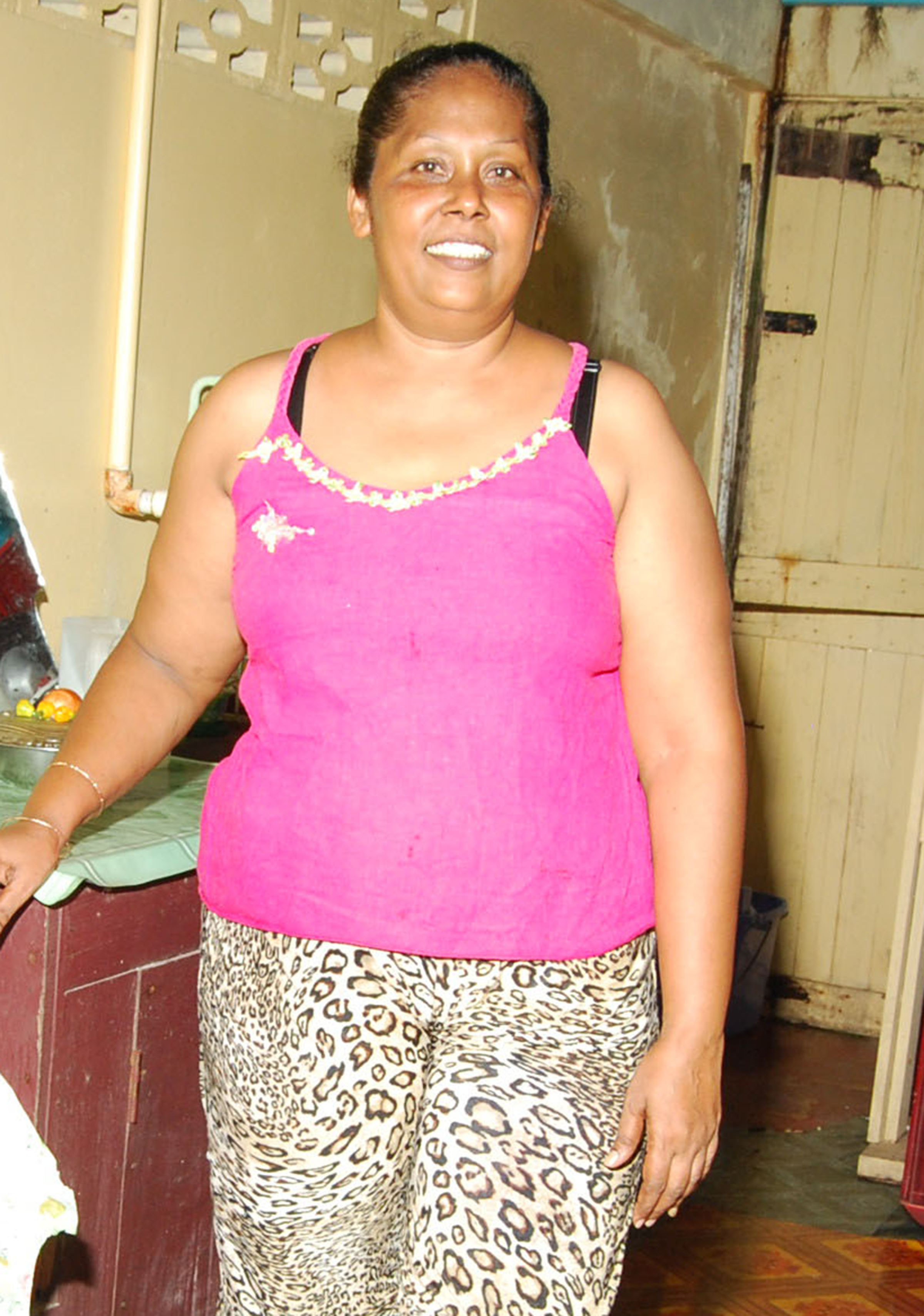It is not just the future of the rice industry that preoccupies significant numbers of residents of the Essequibo Coast but what the decline of the sector is likely to mean to communities which, in large measure, have never really contemplated any comparable options. When Stabroek Business visited the Essequibo Coast two weeks ago it met families, some of whom had been in rice cultivation for at least three generations. Changing direction is not easy.
There are, however, exceptions to the rule. There are a few family businesses that have expanded beyond rice. The Essequibo Coast still boasts thriving farms though rice and not those has been the backbone of such prosperity as is today evident in the Cinderella County.

These days some of the wives of Essequibo rice farmers have found their voices on the rice issue. They evince an intuitive wisdom that appears to cause them to place a greater value on their kitchen gardens. As of now they are winning the argument. For the moment their husbands, the rice farmers have no solution to the logjam over paddy payments and the future of the global rice market.
The farmers are keen to talk about the politics of the rice industry.
Nazir Mohammed is a Cotton Tree resident, a religious scholar and a man with a passionate concern over the future of rice cultivation of the Essequibo Coast. These days he works as Principal of the Al Madina Islamic School situated at Anna Regina having previously taught at St Stanislaus College, Anna Regina Secondary and the Essequibo Technical Institute. His thoughts, however, are never far away from farming a pursuit in which he has been involved for much of his life. Nazir farms fifty acres of land under rice cultivation at Anna Regina. Last week Stabroek Business sat down with him to ‘talk rice’ in an effort to understand the fortunes of the industry on the Essequibo Coast.
There is an uncomplicated bluntness about Mohammed. He recalls a 1992 visit to the Essequibo coast by the late Dr Cheddi Jagan during which he pleaded with farmers at an Anna Regina Market Square meeting not to embrace rice at the expense of all other alternative enterprises. ”Keep your cattle pastures your coconut estates………..continue to plant cash crops. You could be in danger if prices drop,” is what Mohammed said was the late President’s advice to farmers.
It seems, Nazir says, that not sufficient farmers listened and now they are paying the price.
With the termination of the PetroCaribe Agreement in November he believes that the sector could be on the threshold of crisis. Setting aside the challenge of selling tens of thousands of tons of additional rice, securing “the right price” is the real issue.


